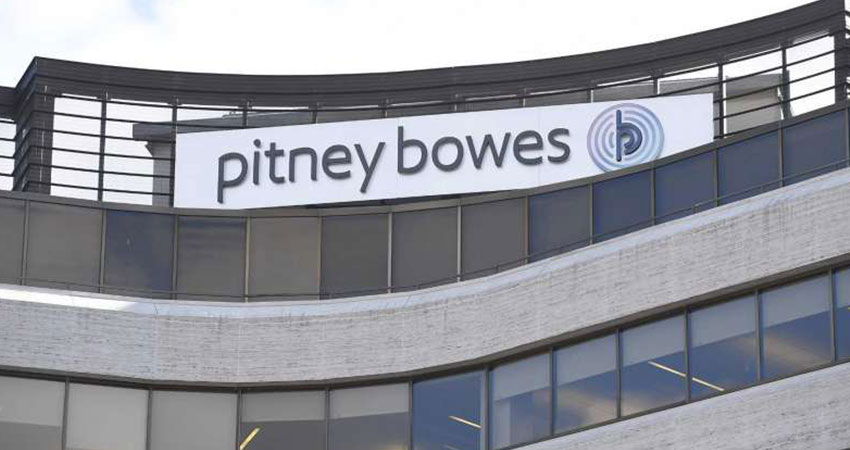Photo credit: Matthew Brown/Hearst Connecticut Media
Pitney Bowes was hit this week by a ransomware attack that affected its postage systems and impacted customers globally. The company said its systems were up and running as of Wednesday.
“We now have been able to make operational many of our client services and continue to make significant progress toward fully restoring all client-facing systems around the world,” said company spokesman John Spadafora.
Pitney Bowes said the attack encrypted information on some systems, preventing clients from stamping their packages, according to PC Magazine. It also hit the company’s presort mail cataloging service for the U.S. Postal Service.
Pitney Bowes processes 16.5 billion pieces of mail annually, and its presorting facilities feed packages and mail into the USPS. “Presort services were impacted, but we are working with clients and the USPS to mitigate any business disruption,” the company told Bank Info Security.
This same attack, called the Ryuk virus, also hit several Florida cities as well as Tribune Publishing’s software systems last year, PC Magazine reported.
“At this time, the company has seen no evidence that customer or employee data has been improperly accessed,” Pitney Bowes said in a statement.
Spadafora said the majority of Pitney Bowes clients in the U.S. and Canada are now able to add postage to their mailing machines and sending devices. Clients of its SendPro C system in both countries can connect to the meter refill system to add postage to their mailing and shipping devices.
He added that the majority of Pitney Bowes delivery facilities are now fully functional.
“We are now fully processing returns for our returns clients,” Spadafora said. “We have made operational several of our fulfillment centers, are processing packages and are working through the backlogs at a good pace. And our presort services teams are processing mail for our clients, including invoices, credit card bills and direct mail.”

